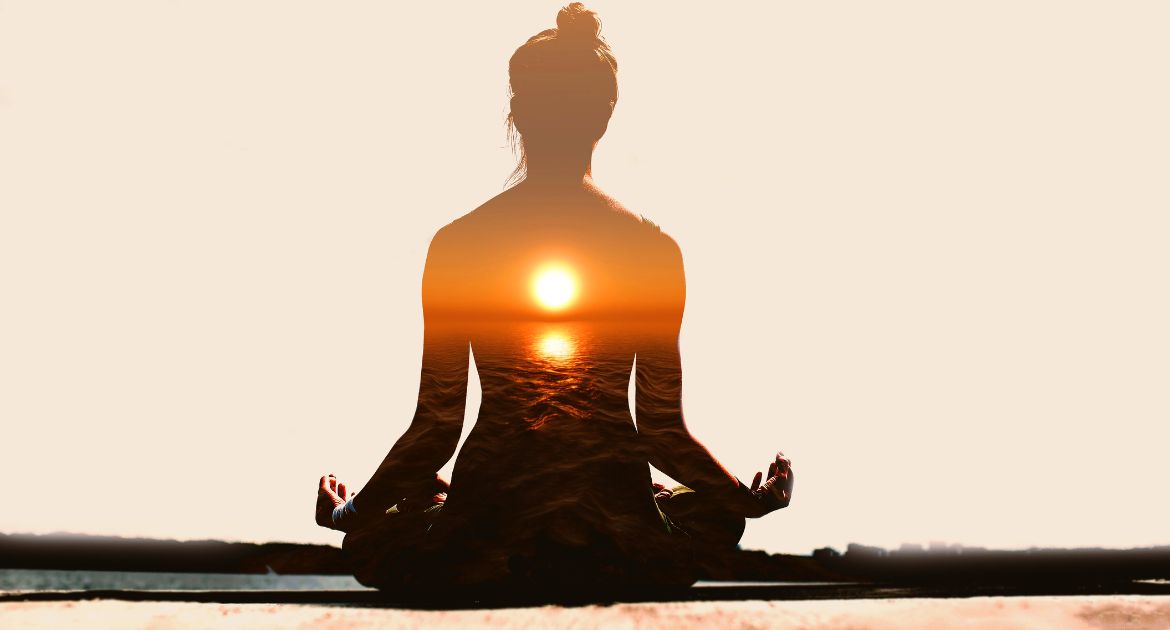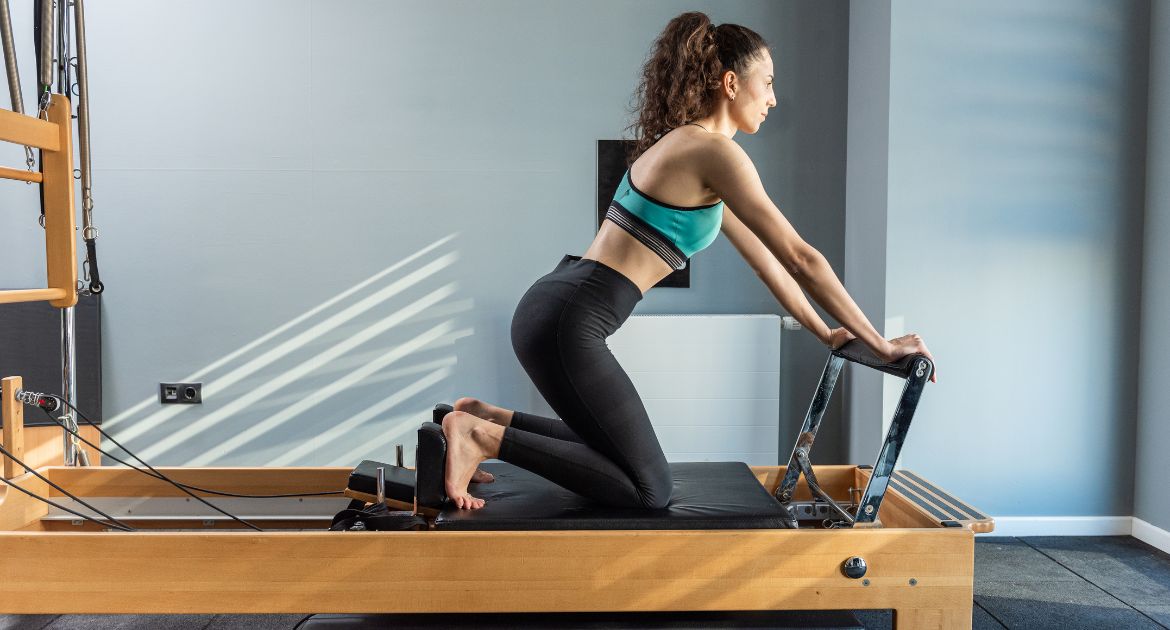Meditation
Meditation is the art of calming the mind and feeling inner joy.
Meditation is the delicate art of doing nothing and letting go of all efforts to relax in your true nature of love, joy, and peace.
Meditation gives you deep rest that helps you maintain mental hygiene and reduce stress. In meditation, we move from sound to silence, from movement to stillness.
Meditation is food for the soul.
As a result of meditation, you can enjoy a calm mind, focused attention, excellent concentration power, clarity of thoughts and feelings, a sense of balance in stressful situations, improved communication skills, new skills and talents, an unshakeable inner strength, healing powers, the ability to connect with the source of energy, relaxation, rejuvenation, and even good luck.
The first benefit of mediation is that it improves the bio-energy in our body; in our system. It is common to meet someone and not want to converse with them for no apparent reason. The positive energy created by meditation creates a sense of closeness between us and some other people we haven't met very often, yet still we feel comfortable with them. This is due to the positive energy.
Several studies have shown how meditation improves health, including hypertension, diabetes, heart problems, skin problems, nervous system problems, and more.
Additionally, meditation can improve one's mood and prevent many mental and physical illnesses.
Aside from the health benefits, meditation helps one to concentrate. It helps one to be in the present moment. Our minds vacillate between the past and the future. We are either angry about the past or anxious about the future, all the time. Meditation helps keep the mind from swinging between the past and the future to be more present.
Beginner's meditation
The first step in meditating is to sit comfortably and quietly. Then close your eyes and do nothing for a minute or two.
It is as simple as breathing in and exhaling. You don't have to go to the mountains and shut yourself in. It is a dynamic practice that can be integrated into your daily life.
Many people have wonderful experiences in the first sitting that they find difficult to express in words. Once you learn and practice meditation exercises regularly, you will feel a complete transformation. People around you begin to recognize the beautiful energy. To live a stress-free & happy life, everyone should meditate for a few minutes a day.
Beginners' tips for meditation.
Select convenient time
The goal of meditation is relaxation. If you're considering how to meditate properly, do it entirely at your convenience. Choose a time when you're not likely to be disturbed and can relax and enjoy. Sunrise and sunset are ideal times to meditate. You can meditate easily during these hours because there is a serene calm environment.
Peaceful Environment
Meditation will be more enjoyable and relaxing if you sit in a quiet room in your home, a soft spot in nature, or even in a meditation center.
Comfortable Posture
You must find a comfortable seated position that works for you. You can sit on a chair or the floor with a cushion. Relax, and keep your hands resting on your lap. Be steady and relaxed as much as possible. Sit straight, keeping your spine straight and relaxed, and keeping your shoulders and neck relaxed throughout the exercise.
Meditate empty stomach
If you're lying down, we recommend using one of our Cooling Eye Masks or Restorative Eye Pillows. It is recommended to meditate on an empty stomach. This is because you might fall asleep after meditating after a meal. It can also cause discomfort.
A hungry person may have difficulty meditating due to hunger cramps, and their mind may even keep thinking about food the entire time. Therefore, it is a good idea to wait for two hours after having a meal and then meditate.
Breathe deeply
To learn meditation, take deep breaths before starting. Deep breathing helps to steady the breathing rhythm and leads the mind into a peaceful meditative state. Do not try to control your breath, just breathe naturally.
Pay close attention to your breath as you inhale and exhale. If it's helpful, count your breaths. Whenever your mind begins to drift away, bring your awareness back to the feeling of breathing in and out. Focus on how the body moves with each inhalation or exhalation. Notice the movement of your chest, shoulders, rib cage, and belly. All you have to do is concentrate on the sensations of breathing without trying to control it in any way. When thoughts divert your attention away from your breath, simply direct it back again.
Keep a gentle smile on your face all the time
You cannot avoid smiling gently throughout the exercise. A gentle smile keeps you relaxed and peaceful while enhancing the meditation experience.
If you often ask yourself how to meditate properly, follow these tips and give yourself the gift of a calm, centered mind.
Try this meditation practice for two to three minutes at first, and then extend it.
Mistakes to avoid
The biggest mistake people make during meditation is trying to meditate. Just do nothing during meditation. Doing nothing is very important.
The benefits of meditation come from meditating regularly. They come naturally over time, and you cannot make those benefits happen. Therefore, avoid looking for specific experiences or signs of success or failure in your meditation because that will prevent you from experiencing its benefits.
In addition to making you happier, meditation can also help you feel more at ease and calm. You may need to meditate for six months before you notice any changes. Hence, just get into the habit of meditation and then be patient.
MEDITATION BENEFITS
While relaxation may not be the goal of meditation, it is often a result. After researching people who practiced transcendental meditation at Harvard University Medical School in the 1970s, Herbert Benson, MD coined the phrase "relaxation response." According to Benson, relaxation is an opposite, involuntary response that reduces the activity of the sympathetic nervous system.
Several studies have documented the following benefits of the relaxation response:
- Less stress
- Lower blood pressure
- Better blood circulation
- Lower heart rate
- Less anxiety
- Less perspiration
- Deeper relaxation
- Feeling energized
- Improved bio-energy
- Calm mind
- Focused attention
- Excellent concentration power
- Clarity of thoughts and feelings
- A sense of balance in stressful situations
- Improved communication skills
- Unshakeable inner strength
- Ability to connect with the source of energy, relaxation, rejuvenation
It has been noted that consistent meditation practice yields long-term benefits and that meditators have improved brain and immune function as a result. However, the goal of meditation is not to attain benefits. As an Eastern philosopher might put it, meditation is not a goal at all. It's simply about being present.
Buddhist philosophy holds that meditation liberates the mind from attachment to external circumstances or strong emotions that it cannot control. Those who have been liberated or become enlightened no longer needlessly follow their desires or cling to experiences, but instead maintain a calm mind and a sense of inner harmony.
Check out the latest International Yoga Day Date, History, Theme and Pilates Definition, Meaning, History, Benefits, Practice, Postures and how it work actively in your daily routine.






-min.jpg)





